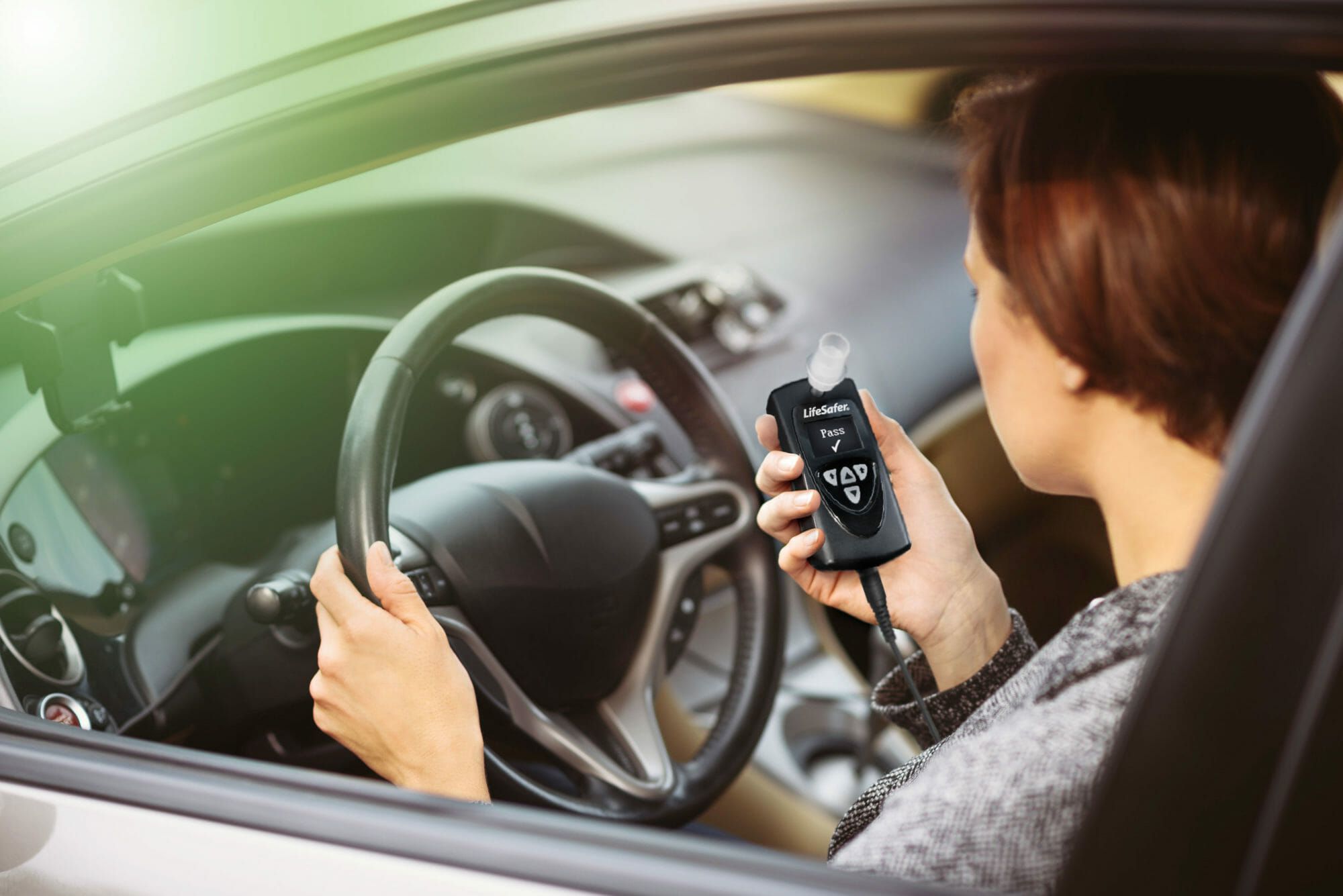An ignition interlock device (IID) is a car breathalyzer that prevents drivers from starting their car until they blow into the device. In Florida, these are required for certain driving under the influence (DUI) convictions. An ignition interlock device is a proper term for devices sometimes referred to as “in-car breathalyzer” “car interlock” or “blow and go”.
How Does an Ignition Interlock Device Work?
When the person blows into the ignition interlock device and their blood alcohol concentration (BAC) is over the pre-set limit, the vehicle will not start. The device does need to be serviced and calibrated regularly at authorized service centers. The length between appointments is usually every 30, 60, or 90 days, as determined by state law.
When Am I Required to Get an IID?
According to Florida Statute 316.193, for your first DUI conviction, an IID is only required if court-ordered. However, if your BAC is 0.15 or above, or you had a minor in the car, you will be required to have one for at least 6 months,
For a second DUI conviction, you will be required to have an IID for at least one year. On your second conviction, if your BAC was 0.15 or above or there was a minor in the car, you will be required to have an IID for at least two years.
On your third conviction, you will be required to have an IID for at least two years. After four or more convictions, you will be required to have an IID for at least five years, as part of the conditions for a hardship license.
In addition to being required to get an IID, other DUI penalties include:
By a fine of:
- Not less than $500 or more than $1,000 for a first conviction.
- Not less than $1,000 or more than $2,000 for a second conviction; and
By imprisonment for:
- Not more than six months for a first conviction or;
- Not more than nine months for a second conviction.
If you are charged with a DUI, don’t try and fight the charges alone. Attorney Brandon Gans is experienced in avoiding ignition interlock requirements. Contact Central Florida DUI law firm Gans Law now for a free case evaluation.



Recent Comments